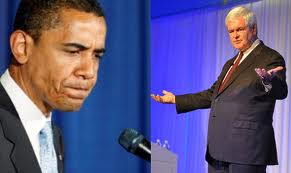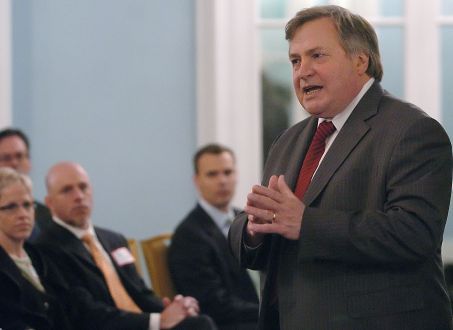 “These may be the worst unemployment numbers for African-Americans in years. How is it that the overall unemployment numbers stay the same and black unemployment gets worse,” says the Congressional Black Caucus blog. In July, black unemployment numbers increased to 16.7%, as compared to 16% in June. Unemployment numbers are holding at 8.1% for whites, and there is a huge disparity when unemployment numbers are analyzed and compared to blacks at 16.7%.
“These may be the worst unemployment numbers for African-Americans in years. How is it that the overall unemployment numbers stay the same and black unemployment gets worse,” says the Congressional Black Caucus blog. In July, black unemployment numbers increased to 16.7%, as compared to 16% in June. Unemployment numbers are holding at 8.1% for whites, and there is a huge disparity when unemployment numbers are analyzed and compared to blacks at 16.7%.
There is a crisis in the African-American community for jobs, and there is a depression taking place. Many of the economists are calling the situation with the economy as double-dip recession, but blacks know it as a depression. There are no jobs, they can’t pay their bills, and unemployment checks and benefits are running out.
 Even Newt Gingrich is criticizing President Obama, and calling our economy the “Obama Depression.” “No administration in modern time has failed younger blacks more than the Obama administration,” says Gingrich. Gingrich’s argument rest in the fact that 40% of American black teens this summer were unemployed, and he thinks that the Obama administration is not doing enough for black youth.
Even Newt Gingrich is criticizing President Obama, and calling our economy the “Obama Depression.” “No administration in modern time has failed younger blacks more than the Obama administration,” says Gingrich. Gingrich’s argument rest in the fact that 40% of American black teens this summer were unemployed, and he thinks that the Obama administration is not doing enough for black youth.
There is also in many African-American cities, the unemployment rate for black males is 50%. That means that 1 out of every 2 black male is standing or hanging out on street corners with no goals, no job, and no motivation to improve. As the job situation continues to deteriorate in the cities, there will be more violence, crime, and political disobedience. Political disobedience can take many different forms, but people are upset and angry.
In 2008, on the campaign trail President Obama said, “I still believe in affirmative action as a means of overcoming both historical and political current discrimination. But I think that it can’t be a quota system, and it can’t be something that is simply applies without looking at the whole person, whether that person is black, white, or Hispanic, male, or female.”
I am not sure what the president was referring to when he made that statement, but I inferred that the president meant in certain situations there is a need to develop programs to address certain conditions. With the African-American unemployment rate at 16.7%, it is time for the president to develop programs that specifically addresses the black job crisis.
It is essential that the African American community focus needs to be placed on job creation, and continuing pressure on all elected officials, and the president. We should first start with our own black officials, but we should not stop there. We must send emails, and make phone calls to all elected officials and their color should not matter.
In every urban community in America, there is a need for organizational collaborations, and there should be job marches. It is clear that urban communities and black workers need special attention, and the squeaky or noisy wheel gets a response.
 As the president prepares for his joint Congress speech on jobs, he must fight for outcomes that meet high expectations. Many in our community will be looking for actions that address and restore economic viability in the urban community.
As the president prepares for his joint Congress speech on jobs, he must fight for outcomes that meet high expectations. Many in our community will be looking for actions that address and restore economic viability in the urban community.
Some of the ideas that are being discussed are tax-free zones to attract business investment in the urban communities. Also there should be training programs and funding to support the development of the work force for businesses who locate in urban communities. Finally, there is a need for public works projects to help rebuild the urban infrastructure, and provide jobs immediately.
President Obama has the power and opportunity to develop programs and initiatives to improve the unemployment numbers in the African-American community. It will take courage, innovation, and resolve, but he can make a difference.
























